The Team pose for a picture after the launch at African Hotel today
The Ag-BDS Ecosystem Enhancement Project (ABEEP) has officially launched a training programme aimed at strengthening the capacity of Agricultural Business Development Service (Ag-BDS) Providers to accelerate the growth of Agri-SMEs in Uganda. This milestone marks a new chapter in the country’s agricultural transformation efforts, with a focus on equipping service providers to deliver meaningful, market-driven support that directly impacts agricultural enterprises.
The training programme is being spearheaded by a consortium comprising the African Management Institute (AMI), the Agribusiness Market Ecosystem Alliance (AMEA), and the Private Sector Foundation Uganda (PSFU), with funding from the Alliance for a Green Revolution in Africa (AGRA).
The launch event, held on Friday, at Hotel Africana in Kampala, brought together key stakeholders including representatives from AGRA Uganda, the Ministry of Trade, Industry and Cooperatives, and the Ministry of Agriculture, Animal Industry and Fisheries. The ABEEP initiative is focused on addressing critical gaps in Uganda’s agricultural business environment by improving the availability and quality of Business Development Services (BDS) for Agri-MSMEs. Agriculture remains a cornerstone of Uganda’s economy, employing over 70% of the population and contributing 24% to the country’s GDP according to the Uganda Bureau of Statistics (UBOS) 2024 report. Yet, many Agri-MSMEs face persistent challenges such as limited access to finance, inadequate market connections, and weak technical capacity to grow and compete.
Speaking at the launch, David Wozemba, AGRA Country Director for Uganda, highlighted the importance of strengthening the entire ecosystem to achieve lasting change.
He noted that transformation is not driven by isolated efforts but by collective action where every player understands their role, contributes value, and offers solutions that address the root problems in the agricultural sector.
The ABEEP training programme is designed to build the capacity of Ag-BDS providers so they can offer high-quality services tailored to the unique needs of Agri-MSMEs. The programme aligns with Uganda’s National Development Plans III and IV, focusing on creating an enabling environment for agribusiness growth, improving resilience, and enhancing competitiveness. Through this training, Ag-BDS providers will be equipped to help agricultural enterprises gain better access to markets, secure financing, embrace digital tools, and navigate challenges in a competitive economy.

Particular attention is being given to supporting women, youth, and rural-based Agri-SMEs that are crucial to inclusive sector growth.
Alvin Katto, AMI’s Uganda Country Manager, emphasized that the training programme will use a blended learning approach, combining practical tools with hands-on coaching.
Over the next four months, sixty Ag-BDS providers will undergo intensive training designed to strengthen their ability to guide their clients in scaling their businesses, improving financial readiness, and seizing new market opportunities. The programme will also introduce the providers to Uganda’s soon-to-be-gazetted national BDS standards, which will shape the delivery of business development services going forward.
Harrison Kaziro, Regional Network Facilitator at AMEA Uganda, described the launch as a turning point for Uganda’s Agri-MSME support landscape. He pointed out that too often, short-term donor-funded projects dominate the scene without building long-lasting systems.
ABEEP, he said, is different. It is focused on creating sustainable structures that outlive project cycles by promoting collaboration, professionalization, and certification among BDS providers. He stressed that a fragmented, underfunded, and disconnected system cannot support the transformation Uganda seeks.
ABEEP’s approach is intended to change that by building a strong, unified BDS ecosystem that can deliver sustained growth, create jobs, and develop competitive agri-businesses capable of thriving in the long term.
Ronald Kyagulanyi, Economic Research Analyst and Coordinator at PSFU, noted that the introduction of national BDS standards will fundamentally reshape the sector.
He urged business service providers to embrace these standards, not just as compliance measures but as tools to rethink their own business models. He explained that providers must see themselves as entrepreneurs first, committed to building their internal leadership, strengthening their capacity, and delivering results that directly impact the agribusinesses they serve.
According to Kyagulanyi, meaningful growth for Agri-SMEs can only be achieved when the mindset of the BDS providers shifts from transactional engagements to genuine partnerships focused on enterprise success.
The keynote speaker, Johnson Abitekaniza, Assistant Commissioner for Training and Business Development at the Ministry of Trade, Industry, and Cooperatives, called for a complete overhaul in the way Business Development Services are delivered in Uganda.
He cautioned that traditional approaches which rely heavily on motivational speaking and theoretical frameworks do little to drive real enterprise growth. Instead, he said Uganda needs BDS solutions that are practical, responsive to local challenges, and capable of enhancing enterprise productivity, performance, and sustainability.
Abitekaniza emphasized the urgency of setting BDS standards and establishing certification mechanisms that can build trust in the market.
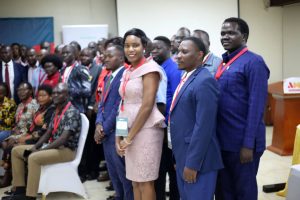
He warned against the risks of one-size-fits-all solutions and the rise of what he described as “high-speed consultancy” that is often disconnected from the realities on the ground. He called for the professionalization of the BDS sector, the creation of credible networks of service providers, and a shift towards offering business support that delivers measurable growth outcomes, not just reports and workshops that lead nowhere.
The ABEEP training programme is being implemented through the combined efforts of several experienced organizations. The African Management Institute (AMI), a pan-African leader in SME business training, brings its blended learning model to the programme, offering practical and flexible business skills development.
The Agribusiness Market Ecosystem Alliance (AMEA), a global network that promotes professional farmer organizations and quality BDS delivery, is committed to reshaping Uganda’s agri-business landscape. The Private Sector Foundation Uganda (PSFU), the country’s apex private sector advocacy body, provides critical support and engagement with Uganda’s business community.
AGRA, which funds the initiative, continues to play a catalytic role in Africa’s agricultural transformation by supporting inclusive and sustainable food systems.
The timing of the training programme is particularly significant. The national budget for the 2025/26 financial year has prioritized agriculture, with considerable resources allocated to agro-industrialization and related initiatives.
Uganda is targeting an agricultural sector growth rate of 8%, and the need to strengthen support systems for Agri-SMEs is more pressing than ever. By building the capacity of Ag-BDS providers to offer relevant, high-quality, and scalable services, ABEEP is positioning itself as a key driver in achieving this national target.
Through this training, the Ag-BDS Ecosystem Enhancement Project is not only improving service delivery but also contributing to the broader goal of transforming Uganda’s agricultural sector.
The initiative is creating a sustainable support system for Agri-SMEs that will continue to generate impact long after the project’s lifecycle. With stronger business service providers, more responsive support structures, and a professionalized ecosystem, Uganda’s Agri-SMEs stand a better chance of thriving, scaling, and contributing meaningfully to national development.


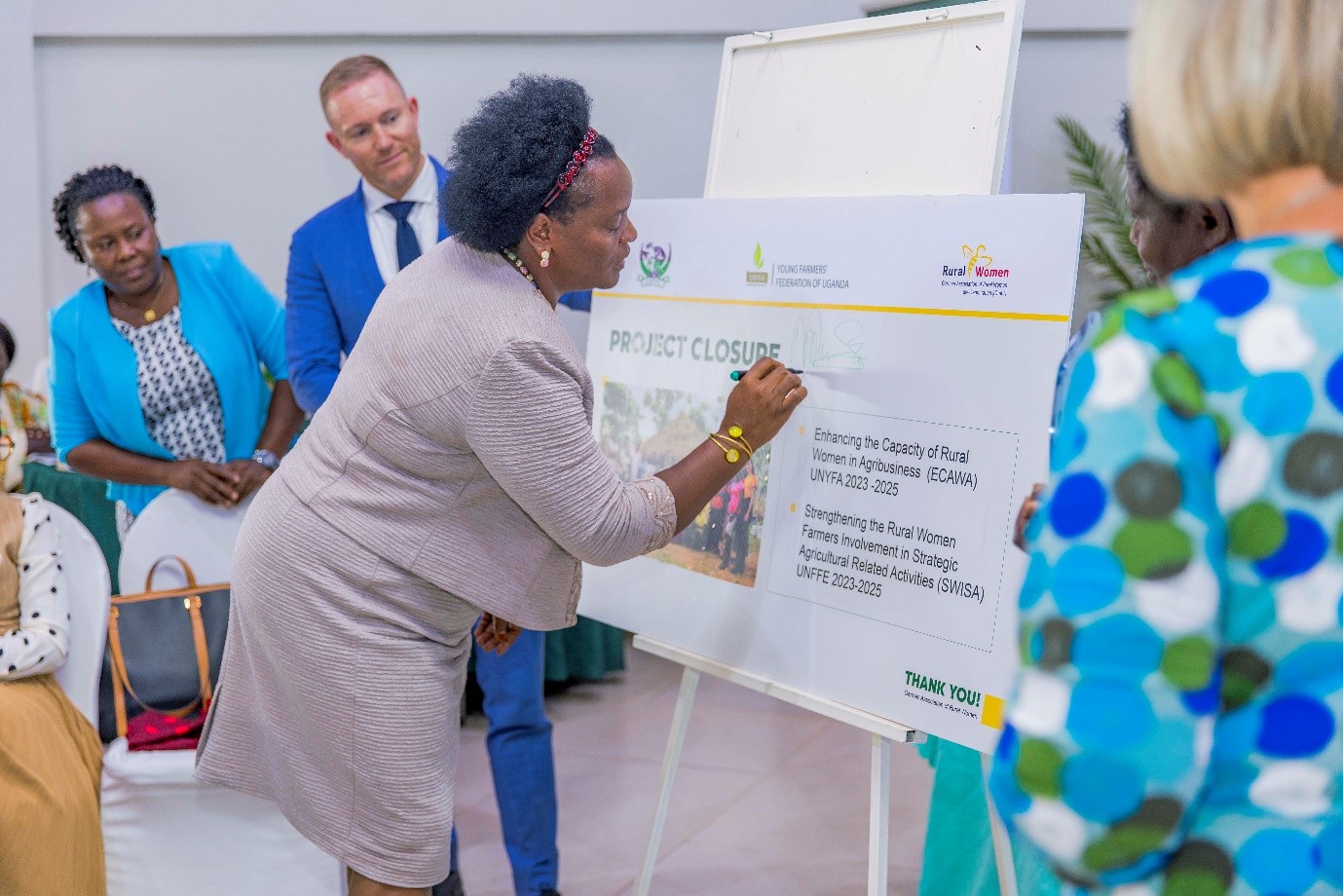


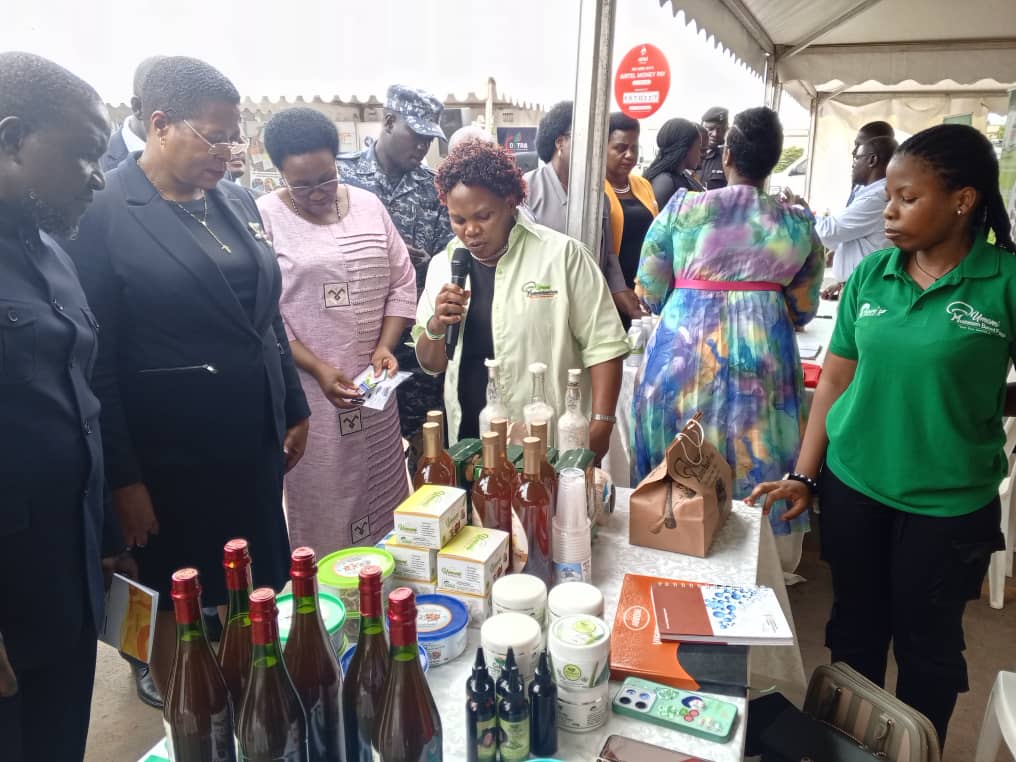
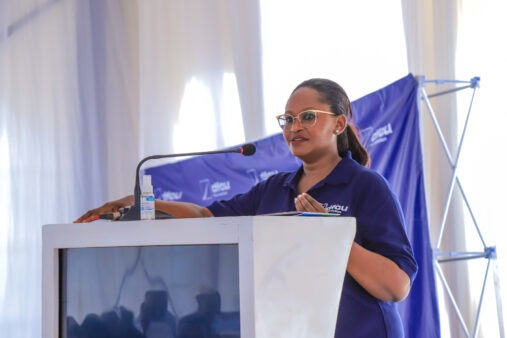

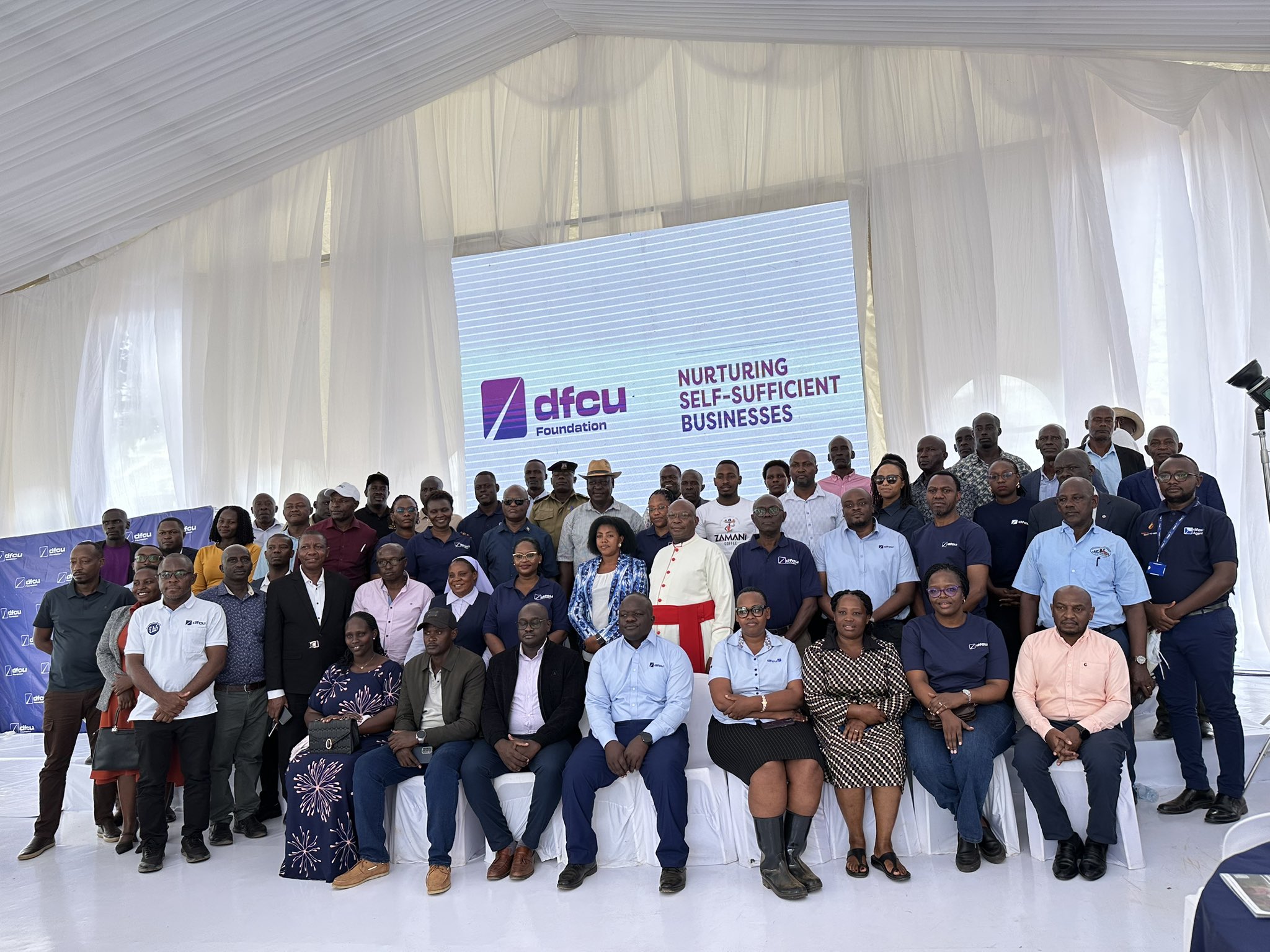

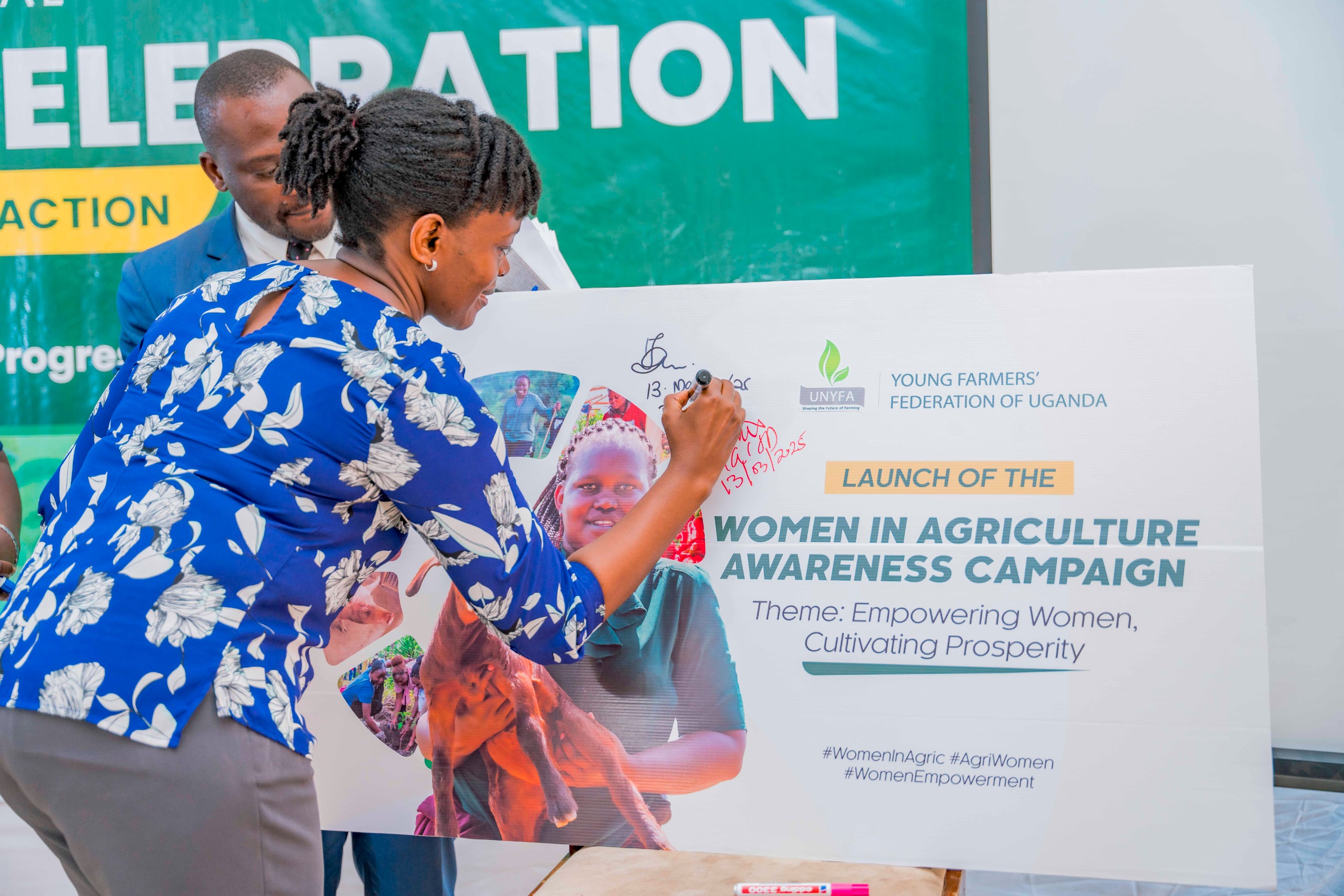



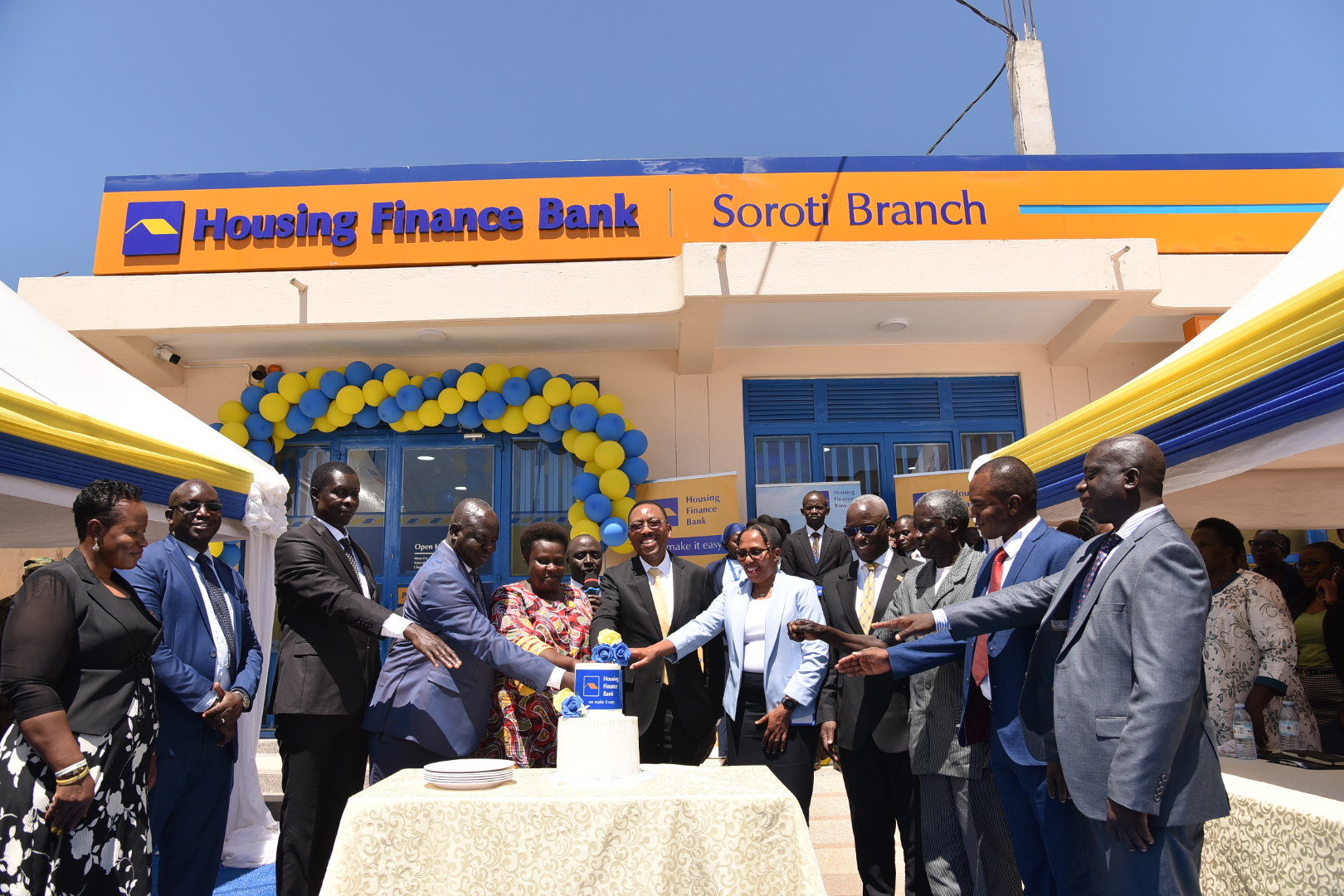
Leave a Reply